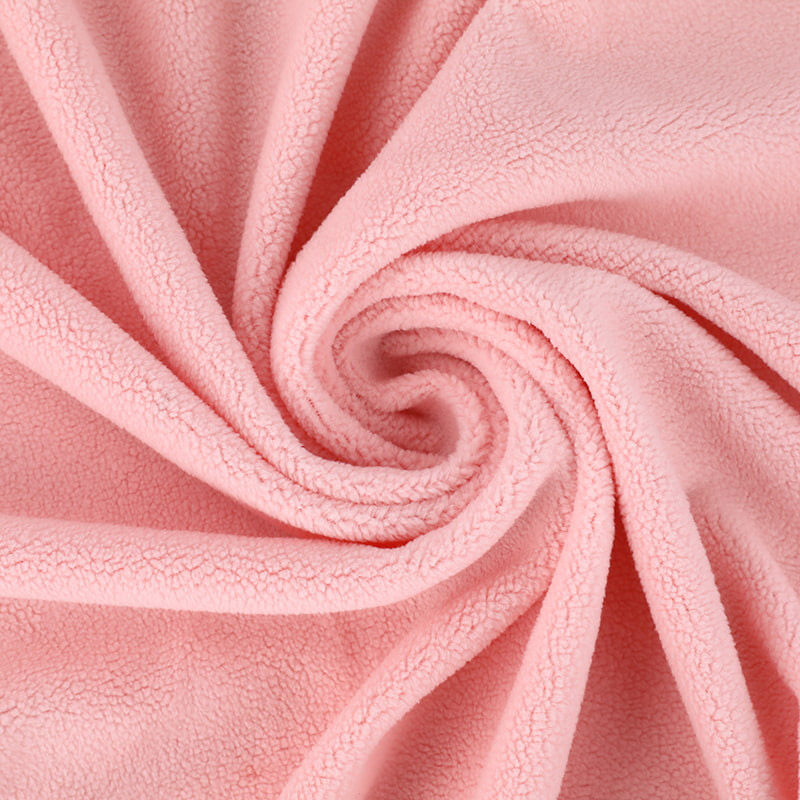What advancements in fabric technology have enabled the production of ultra-soft fabrics without sacrificing strength?
Advancements in fabric technology have significantly improved the production of super soft fabrics while maintaining or even enhancing their strength. Here are some key developments:
Microfiber Technology:
Development: Microfibers are extremely fine synthetic fibers, often made from polyester or nylon, with diameters much smaller than a human hair. These fibers can be woven tightly to create fabrics that are exceptionally soft yet durable.
Impact: Microfiber fabrics are known for their soft, suede-like feel while also being strong, lightweight, and resistant to tearing. Their tightly woven structure also makes them highly durable and resistant to pilling.
Blending of Natural and Synthetic Fibers:
Development: Advances in fiber blending techniques allow manufacturers to combine natural fibers like cotton or wool with synthetic fibers such as polyester or spandex.
Impact: These blends offer the softness of natural fibers with the added strength and elasticity of synthetics. For example, cotton-polyester blends are soft, breathable, and more resistant to wear and shrinking than pure cotton.
Engineered Yarn Structures:
Development: Innovative yarn spinning techniques, such as air-jet spinning or core-spun yarns, have been developed to enhance the softness and strength of fabrics.
Impact: These yarn structures create fabrics that feel softer to the touch while maintaining tensile strength and resistance to abrasion. Core-spun yarns, where a strong filament core is wrapped with a softer fiber, are particularly effective in balancing softness with durability.
Advanced Finishing Techniques:
Development: Finishing processes such as enzymatic treatments, peaching, or brushing have been refined to enhance the softness of fabrics without compromising their structural integrity.
Impact: Enzyme washes break down rough fibers on the fabric’s surface, creating a smoother, softer feel. Brushing or peaching lifts fibers on the fabric’s surface, adding a plush texture while maintaining the fabric's strength.
Nanotechnology:
Development: The incorporation of nanotechnology in textiles has led to the creation of fabrics with enhanced properties, such as softness, strength, stain resistance, and water repellency.
Impact: Nanofibers can be engineered to be extremely fine, contributing to a soft hand feel, while also being arranged in a way that reinforces the fabric’s strength. Nanotechnology also allows for the development of fabrics that are both soft and highly resistant to damage from external factors.

High-Performance Synthetic Fibers:
Development: New generations of synthetic fibers, such as lyocell (a form of rayon) and Tencel, have been developed to offer a natural softness similar to that of silk or cotton, with added strength and sustainability.
Impact: These fibers are made from sustainable wood pulp and are processed in environmentally friendly ways. They produce fabrics that are not only soft and smooth but also strong, breathable, and resistant to wrinkles and shrinking.
Biocompatible and Sustainable Materials:
Development: Advances in bioengineering have led to the creation of fabrics from biocompatible materials like bio-based polymers and plant-based fibers, which are designed to be both soft and durable.
Impact: These materials are often biodegradable or recyclable, providing a softer feel while also being strong and environmentally friendly. For example, fabrics made from bamboo fibers are ultra-soft, naturally antibacterial, and highly durable.
Smart Textiles:
Development: Smart textiles incorporate materials or coatings that adapt to environmental conditions, enhancing both softness and durability.
Impact: These fabrics can respond to temperature changes, moisture, or stress, maintaining their softness under various conditions while remaining strong and resilient. This adaptability makes them ideal for a range of applications, from athletic wear to high-performance outdoor gear.
These advancements have enabled the textile industry to produce ultra-soft fabrics that not only feel luxurious but also meet the demands of everyday wear and use, ensuring long-lasting comfort and performance.

Huzhou Colorful Textile Co., Ltd.
Huzhou Colorful Textile Co., Ltd. is located in Zhili Town High-tech Industrial Park, China's children's wear city. The main production and sales of plush warp-knitted products: for children's clothing spandex super soft and ollie velvet products, compared with the market has obvious cost performance. Due to the reduction of layers of intermediate links, completely control the price advantage. The company has superior geographical location, strict internal management, stable quality (with export orders of professional technical team), hot pillow service, the preferred supplier for garment enterprises cooperation.
More About Us

 English
English русский
русский Español
Español عربى
عربى







